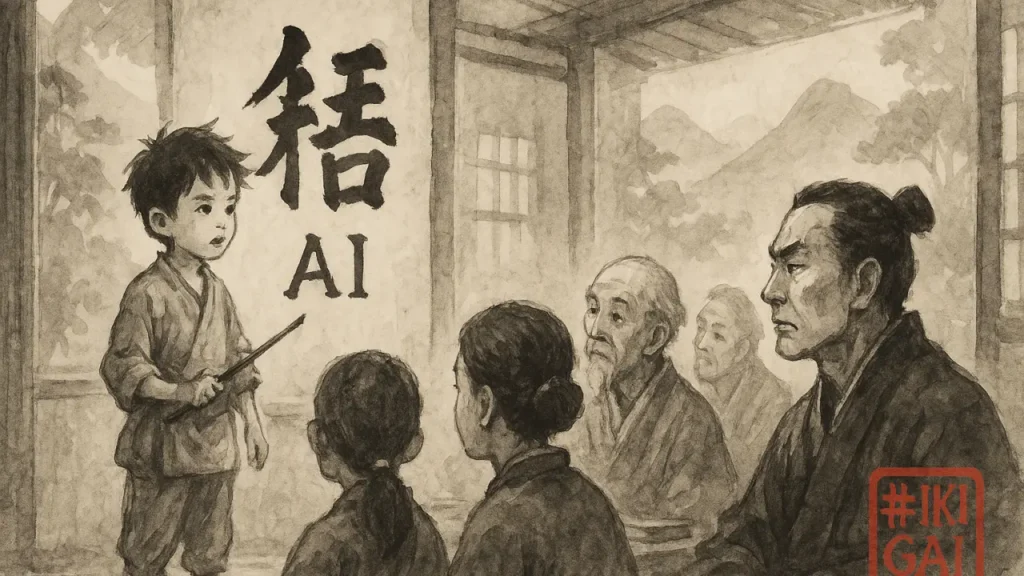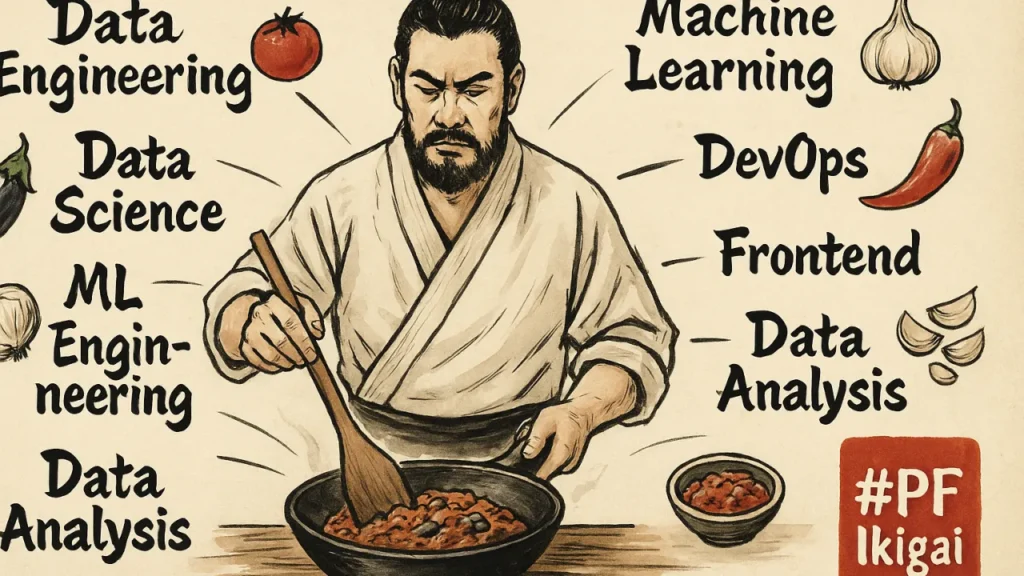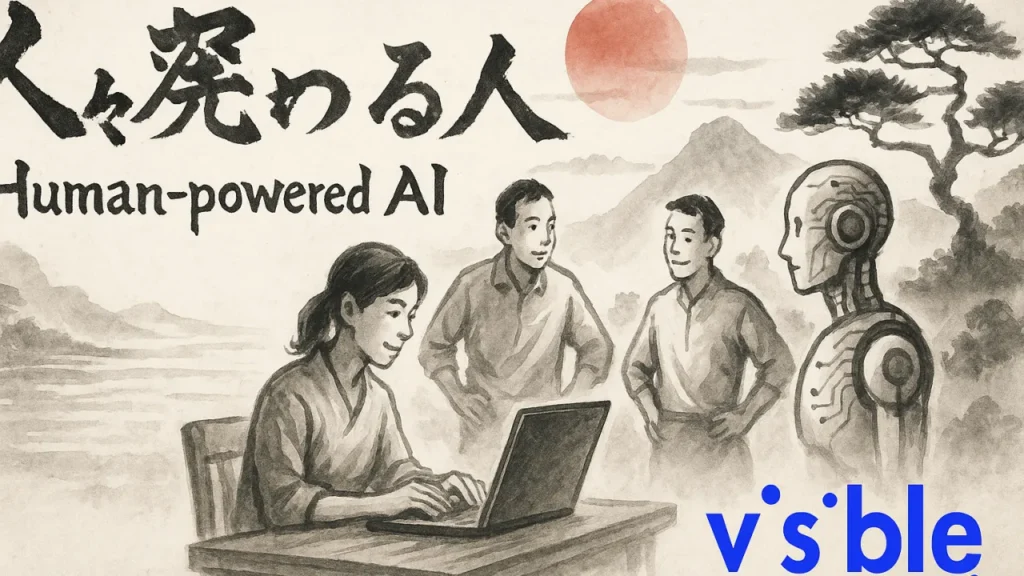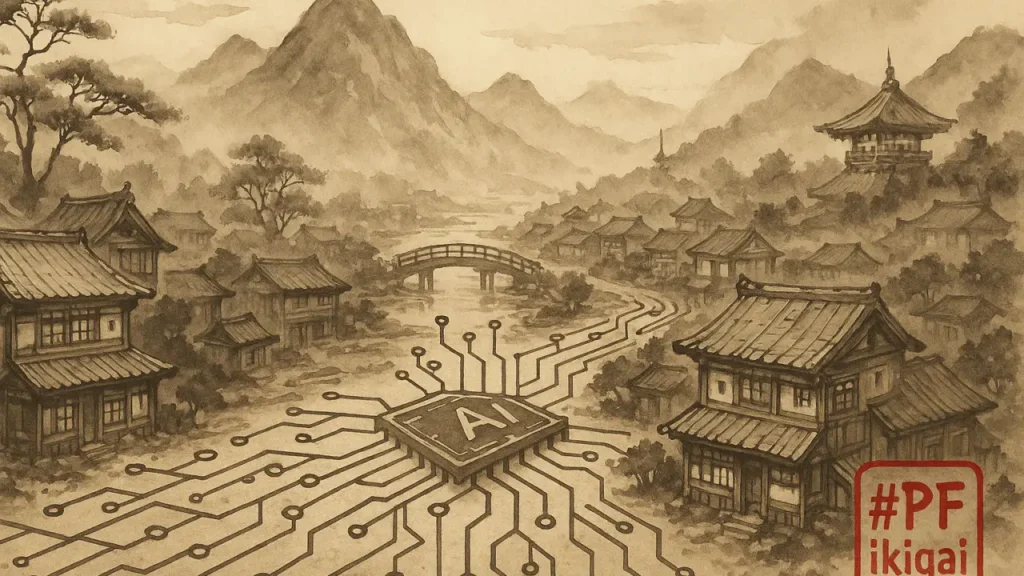Tech Writers at PF
The first time I tasted vegetarian pho was at the Microsoft cafeteria in Redmond. It was an unusually cold Seattle afternoon, and I was rushing between meetings when I took a chance on the Vietnamese soup I’d only vaguely heard of before.
That bowl of pho changed something for me.
Its complexity was hidden in its simplicity — a clear broth, but with deep, layered flavor; humble vegetables, but structured in harmony. I was instantly obsessed. Over the next six months, I became fixated on learning how to make it myself. Not the shortcut version, but the real thing. I visited markets to source the right spices, researched Vietnamese cooking traditions, and experimented with ratios until I got the broth just right.
And in that process, I learned a powerful lesson: No great dish is ever made by accident. It’s the sum of patient preparation, balance of ingredients, and careful orchestration — not just the headline flavor.
Building a good AI team is no different.
The Seduction of AI Hype and the Staffing Fallacy
Over the past year, I’ve seen headlines from well-meaning companies saying,
“We’ve hired 50 AI engineers.” “We’re ramping up with 40 data scientists.”
But to me, this often sounds like a restaurant saying,
“We’ve stocked up on star anise and rice noodles — now let’s make pho!”
It doesn’t work that way.
Just like a great bowl of pho requires balance — the right charred onions, cloves, cinnamon, coriander seeds, lemongrass, and slow-cooked broth — a sustainable AI capability needs proportion and orchestration across roles. You need:
- Data engineers who build the pipelines and ensure your foundation isn’t garbage in, garbage out.
- Data scientists and ML engineers who craft the models but also understand what not to model.
- DevOps and MLOps engineers who ensure the experimentation becomes reliable delivery.
- Product and UX experts who embed the intelligence into flows that make sense to humans.
- Data analysts and QA who validate that the outputs make business and ethical sense.
- And, of course, business leaders who prioritize long-term learning velocity over flashy demos.
Miss one ingredient, and the result is either flat, unreliable, or worst — dangerous.
At PF, We’re Cooking With Discipline
At Property Finder, we call this discipline Project Ikigai — our philosophy that AI should be grounded in long-term thinking, data sanctity, and trust-first outcomes.
We didn’t start with a massive hiring spree. We started by understanding what the real recipe looks like for real estate AI. Then we built teams proportionally:
- We invested in 20+ core data engineers and scientists — the backbone of any serious platform.
- We integrated 120+ software engineers, not just to consume AI, but to co-build it.
- We partnered with AWS and top-tier universities to bring cutting-edge tools and maturity.
- We’re now enabling broader participation while preserving the sanctity of data governance, verification, and platform resilience.
Not a Critique, Just a Caution
This article isn’t written to critique any company trying to build an AI function. On the contrary, we applaud the effort.
But we also want to say: It’s okay to move slow and build deliberately.
If your org structure only includes one type of AI skill, you won’t get pho — you’ll get flavored water. And if your leadership only tracks “number of models deployed” instead of user trust gained, your dish may look good on paper but won’t nourish the business.
The Ikigai Mindset
We believe AI is a craft. One that deserves time, balance, and humility. Just like great cooking.
So the next time you hear someone say,
“Let’s build AI fast — just hire more data scientists,” you might want to ask: “And who’s simmering the broth?”





